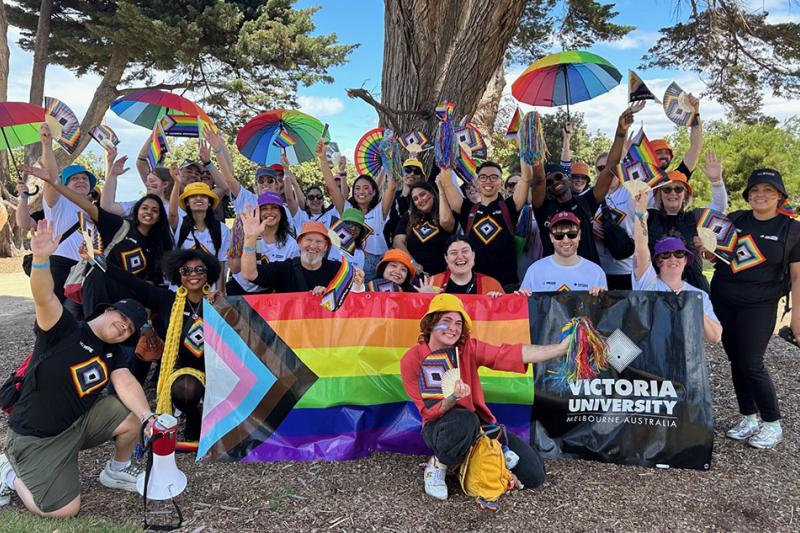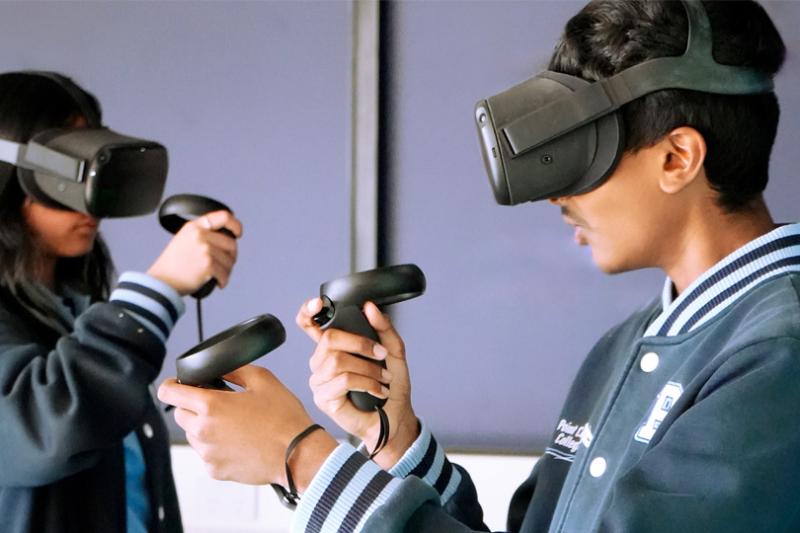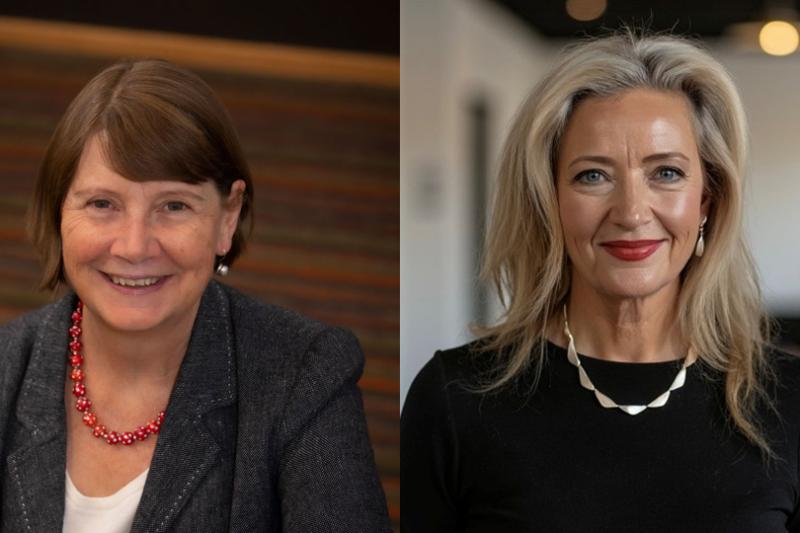Culture of competition discourages some kids from sport

A study of Aussie sports clubs finds that a culture of competitiveness is preventing kids from diverse backgrounds and abilities from participating in junior sport.
Results from 450 surveys, more than 100 interviews, and researcher observations, found junior clubs that focused on performance and competition were relatively uncommitted to diversity and participation.
The research was conducted over three years at junior football, soccer, netball, cricket and basketball clubs in Melbourne.
The findings are important because they indicate club culture can affect who participates and how they participate, and can discourage children from diverse backgrounds and abilities from being involved in sport.
Lead researcher Professor Ramon Spaaij of VU's Institute for Health & Sport said the research showed clubs varied considerably in their approach to diversity, with some clubs confused about the concept and how it relates to them.
“Historically, organised sport has been a setting where young people from diverse backgrounds have struggled to gain access and develop a sense of belonging, whether it be based on gender, race and ethnicity, socio-economic status, or disability,” he said.
Professor Spaaij said there was no consensus across clubs that inclusive participation was an important objective. Many clubs indicated they were overwhelmed and under-resourced to actively promote diversity and social inclusion.
“Clubs indicated they were not necessarily resisting diversity, but were implementing it in ways they believed the club could cope with,” he said.
The study showed club culture was often shaped by local context. For example, clubs located in areas with high levels of cultural diversity tended to have greater awareness and engagement with cultural diversity. Other clubs thought they ‘were doing diversity’ because they had an existing focus on gender.
“Some clubs with established girls’ or women’s teams reported they were effectively supporting diversity, despite neglecting other forms, such as disability or cultural diversity,” he said.
The findings revealed a tension between promoting diversity and inclusive participation on one hand, and sport performance and competitiveness on the other.
Other findings
- Diversity was often viewed as diverting resources from a club’s core business, which revolved around organising teams and improving playing skills.
- Clubs that actively promoted diversity were generally regarded by coaches and parents from outside clubs as not serious clubs, and suitable only for children who were ‘no good’ at sport.
- Men at clubs that focused on competition above participation were, on average, more likely to be homophobic, endorse stricter gender roles, enforce violence as a natural masculine trait, and were less likely to hold pro-disability attitudes.
The study, Participation-performance tension and gender affect recreational sports clubs' engagement with children and young people with diverse backgrounds and abilities, was published in PLOS One Journals' April edition.



